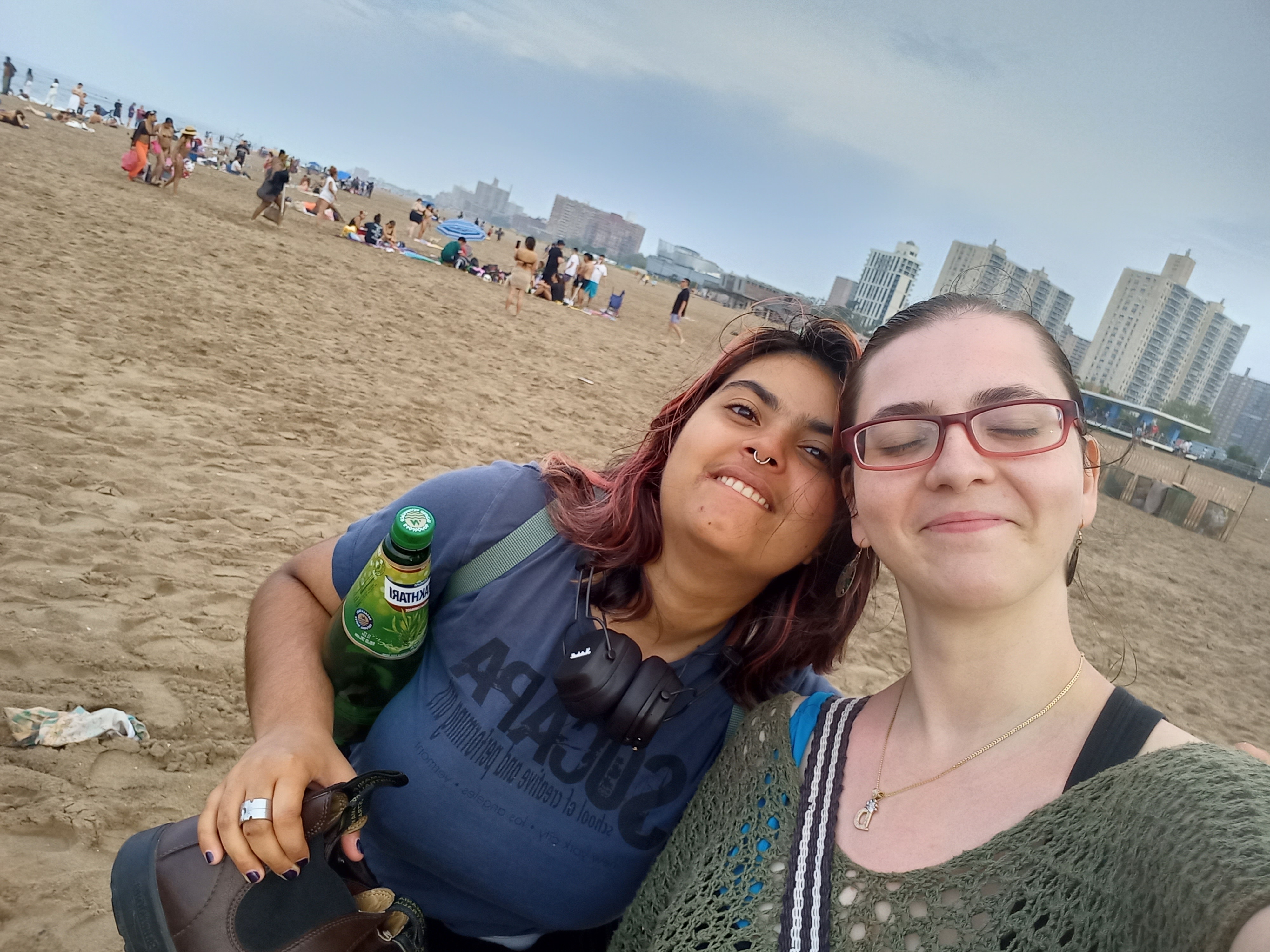Brooklyn educator Dominique Paloma Bible believes the foundation of a powerful education lies in genuine choice. By prioritizing self-determination over standardized tests and rote learning, she hopes to reshape classrooms and help students discover a lifelong passion for learning.
Off Da Beaten Path: Brooklyn educator builds global movement around the power of choice

Key Takeaways:
- Choice is the foundation of Dominique Paloma Bible’s educational philosophy.
- She questions traditional methods like worksheets and standardized curricula.
- Her personal decision to drop out of high school informs her current approach.
- Her Brooklyn-rooted initiative has sparked global conversations on alternative education.
- The emphasis on choice aims to replace rote learning with genuine engagement.
Introduction
Dominique Paloma Bible’s eyes light up whenever she talks about choice. To her, this concept lies at the heart of every classroom experience, transcending the limitations of worksheets, tests, and rigid curricula. It is the power to choose, she says, that inspires students to take charge of their learning and discover their potential.
Early Influence
Bible’s beliefs took shape during her uncommon educational journey. She dropped out of high school, a decision that deeply informed her perspective on what schools often miss. Instead of viewing her experience as a drawback, she used it as impetus to challenge traditional norms and explore new ways for pupils to learn according to their own interests.
The Power of Choice
For Bible, typical measures of success, such as standardized tests and meticulously planned lessons, can overshadow the real spark of education: autonomy. She insists that trusting students with choices—be it picking their own learning materials or pursuing topics that resonate with them—leads to deeper engagement and a more meaningful academic path.
Brooklyn-Based Initiative
Operating out of Brooklyn, Bible has cultivated a community around this philosophy. Parents, educators, and students are drawn to her emphasis on empowerment rather than enforcement, finding hope in a system that views young people not as vessels to be filled with information but as active participants. Her work, sometimes referred to as a ‘global movement around the power of choice,’ continues to gain attention from outside New York and around the world.
Looking Ahead
While the standard educational model may remain the norm, Bible’s approach shows that alternatives exist. By championing the role of choice, she sparks a conversation about autonomy, curiosity, and respect for the learner’s individuality. Whether in neighborhood classrooms or global online forums, her work points toward an exciting shift in how we define success in schools—and beyond.











